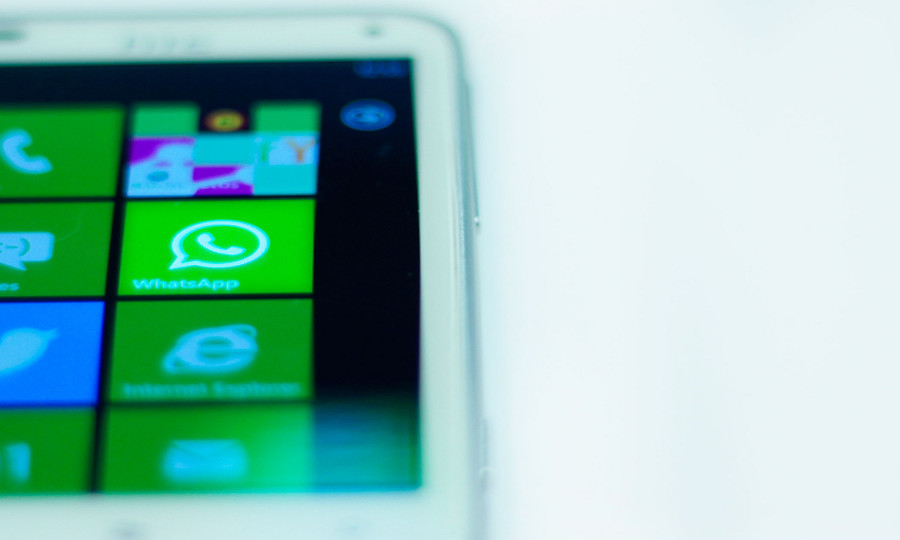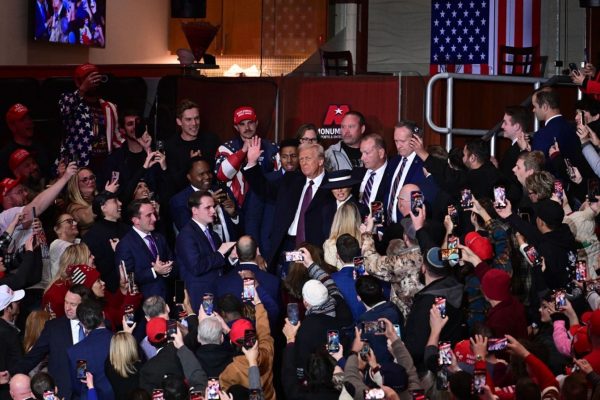WhatsApp with Privacy?
As technology envelops more and more of the things we once controlled, it is natural for certain things to become accepted as time goes on. Dangerously though, it seems that privacy—or rather of a lack of it—has become one of them.
The advent of the information “Big Brother” in the media age came with the aftermath of 9/11. The Bush administration, to protect American citizens from domestic threats to national security, enacted the Patriot Act of 2001.
Though the act was well intended, many citizens began to fear the power of a government that could access all of their personal information and private interactions. The ever-present shadow behind their backs seemed counterintuitive to their vision of democracy.
With the recent vote over the Obama administration’s Freedom Act, a proposed amendment to the Patriot Act, the debate has only grown. Under this act, private phone or other communication companies, rather than the government, would be able to gain access to information important for safeguarding security.
Though this may sound like a step down from the centralized government power over our words, will we be better off? Those in favor seem to believe that it will enable a less direct way to uphold security, yet the bill plans to continue many aspects of the Patriot Act until at least 2019.
To delve deeper into the quagmire, is it safe to say that we’re better off now than we were a decade and a half ago? Supporters of the enacted measures would rush to defend the sacrifices Americans have made for insurance of a safer future.
Yet there is something so innate about privacy that we lack in this age. There is the feeling that you have communications and interactions throughout your life that are deeply personal—to feel that there is something truly and purely yours.
And for the same reason there are locks on bathroom stalls, in order to prevent a breach in basic human rights, there must exist a sort of lock on information.
Apple and Android seem to think that their Terms and Conditions, which users must agree to upon downloading their apps, take care of their moral obligation to hinder the exploitation of their users.
Yet how many people truly take the time to read the purposefully tiny print as they are rushing to download and use an app? If “I accept” serves as their signature, shouldn’t users know more about the contract they have signed?
The popular messaging app WhatsApp sparked controversy recently, as its Terms and Conditions were found to contain language that suggested that nothing said in their app, or any of the information (including contacts, photos, and other personal information) of their users, was confidential.
Furthermore, Apple and Android tried to wash their hands of the controversy by claiming that users signed away these rights with the Terms and Conditions of their phones.
While we live in a time when the only way to guarantee privacy is to record something far removed from the screens that blink ominously into the corners of our lives, we must consider what we do with what is innately ours. Before we sell our soul to Apple, we must be sure we are “accepting” the consequences.




